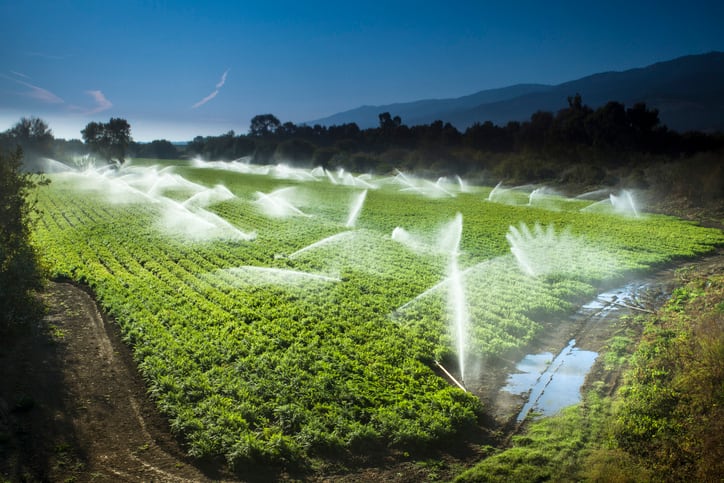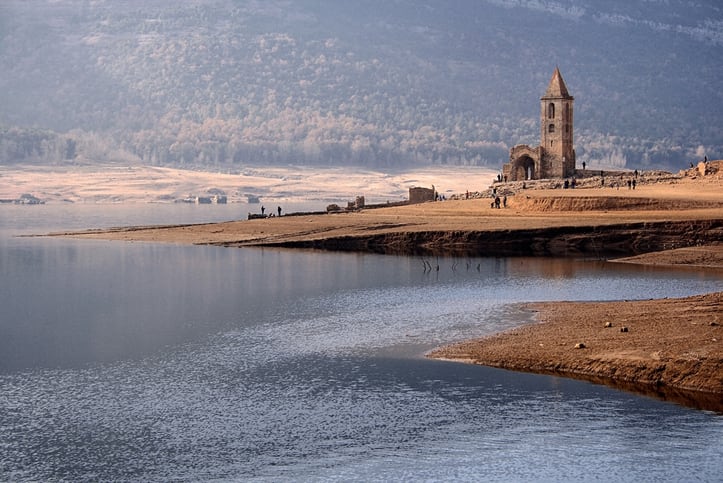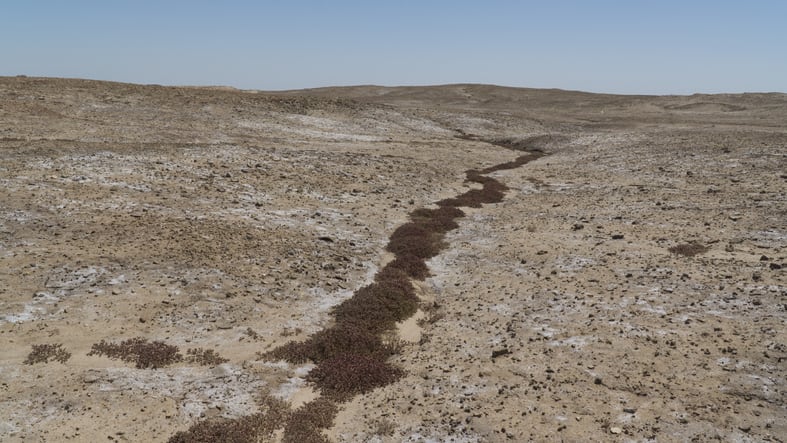Pressure is growing on water to meet increased needs around the world, especially food and energy. Global water demand is predicted to rise by up to 30% by 2050, according to the United Nations. This has a direct impact on the world’s complex and interwoven supply chains as they struggle to keep up.
CDP, a global non-profit that runs the world’s environmental disclosure system, analysed how companies are responding to water security. These companies disclosed to CDP’s annual water security questionnaire in response to a request from investors, in 2023.
A total of 1,542 companies (50%) said that they are engaging their supply chain on water risks. This includes inserting water requirements into supplier contracts, collecting water data, raising awareness of water issues, or collaborating on innovation. The report focuses on 3,163 large companies with an annual revenue of more than EUR/ US$250 million.
1 in 5 companies are facing supply chain risks which could have a substantive financial or strategic impact on their business. These risks were estimated to total US$77 billion across 623 responding companies.
According to 79 businesses, a total of US$7 billion was deemed to be at immediate risk due to urgent water scarcity, food, regulatory and reputational issues.
Concerningly, 894 companies (28%) do not engage with their supply chain and have no plans to do so in the next two years. These companies are taken from major sectors, including manufacturing, agriculture, and transportation. A fifth of these companies felt the issue was unimportant despite their activities having high water impacts.
Water crisis ‘threatens global supply chains as never before’
Dr Patricia Calderon, CDP’s global head of water, said: “Supply chains are the knots which tie our global economy together. But they are coming apart rapidly due to climate change and the reckless abandon with which we treat the world’s finite resources.
“The data is telling us our water supplies are becoming ever more fragile and the financial toll is mounting up. It’s down to large companies with the biggest water impacts to take immediate action, working with their suppliers to stem the tide of water risk.”
Henk Ovink, executive director of the Global Commission on the Economics of Water, added: “We need a paradigm shift in the way our economic metrics, and the politics behind them, value and govern water.
“Mitigating climate change while adapting for the ever more extreme impacts, ensuring a just energy transition and securing food for all, restoring our ecosystems, reversing biodiversity loss and building inclusive, green and resilient systems. The key to make all this happen is to view water as a global common good.”
A group of forward-thinking businesses are already working on the problem, CDP’s analysis noted. 443 businesses (14%) offer their senior leaders, including the board, incentives to improve water management across the supply chain. Some 118 (4%) of these companies provide direct financial incentives to their chief procurement or purchasing officers – including Coca Cola, L’Oréal, and Japanese chemicals giant Kao Corporation.
The report makes a strong case for companies to take immediate action on water issues in their supply chain and offers six key steps for companies. Each one of these indicators follows from the next:
- Assess supply chain risks and impacts
- Set global supply chain targets
- Incentivise executives to act
- Include water in supplier requirements
- Engage with suppliers
- Incentivise and support suppliers
Dr Calderon concluded: “The bar needs to be raised much higher if we want to build strong and effective supply chains, free from serious water risks. Companies should shift their outlook to recognising the significant opportunities from becoming more water resilient.”





